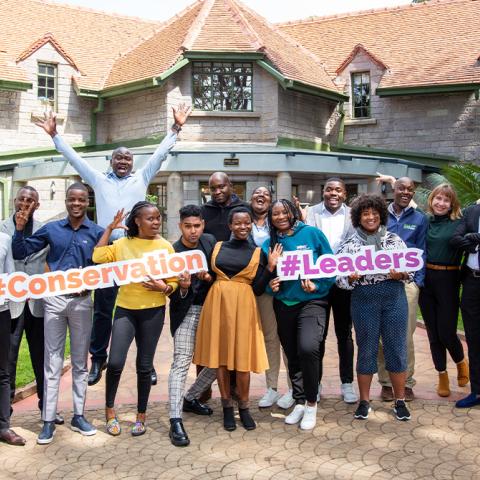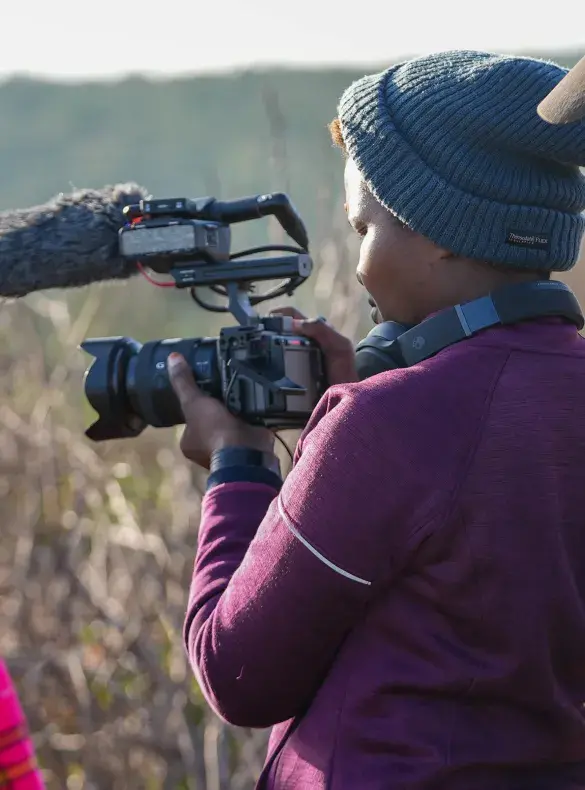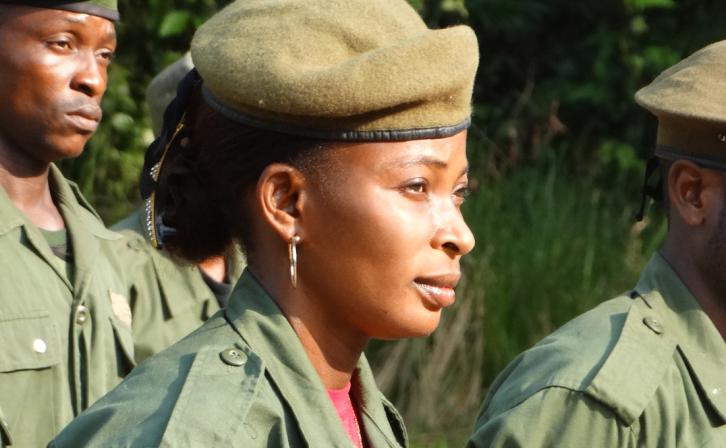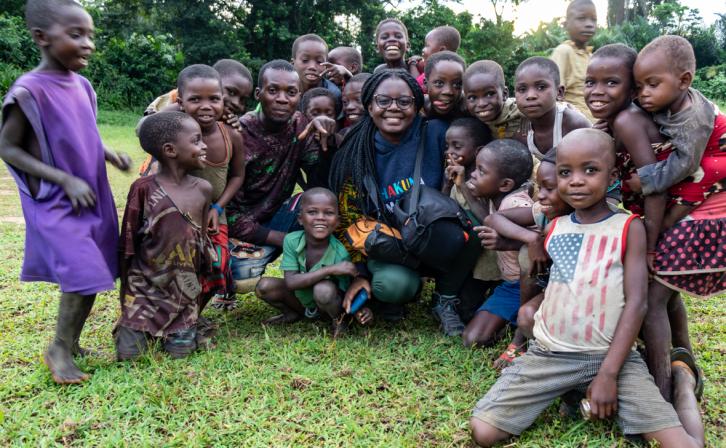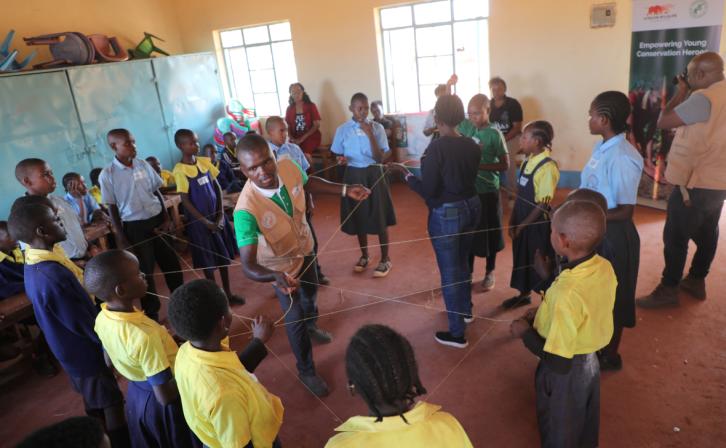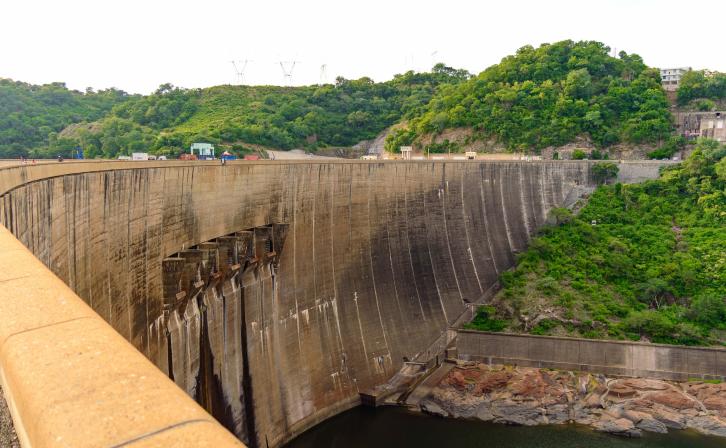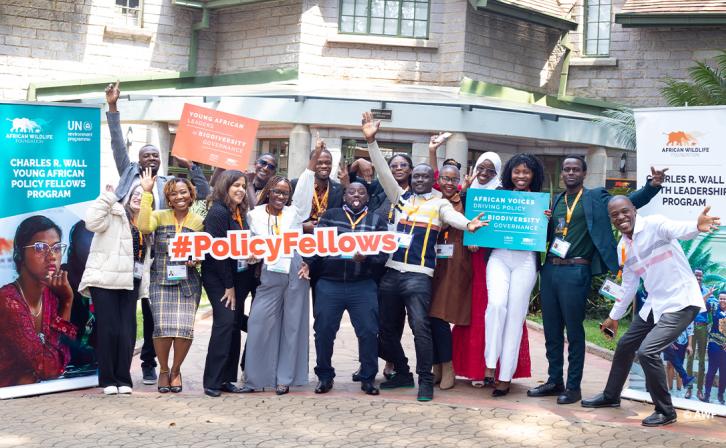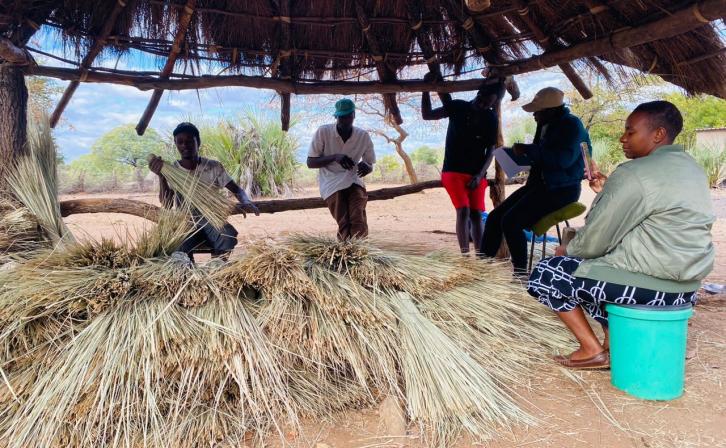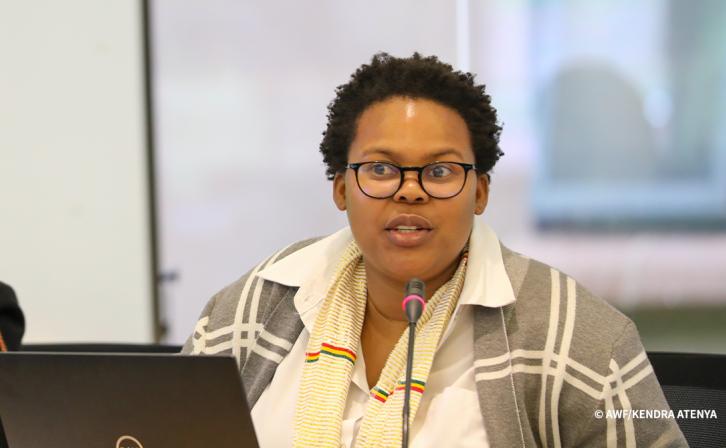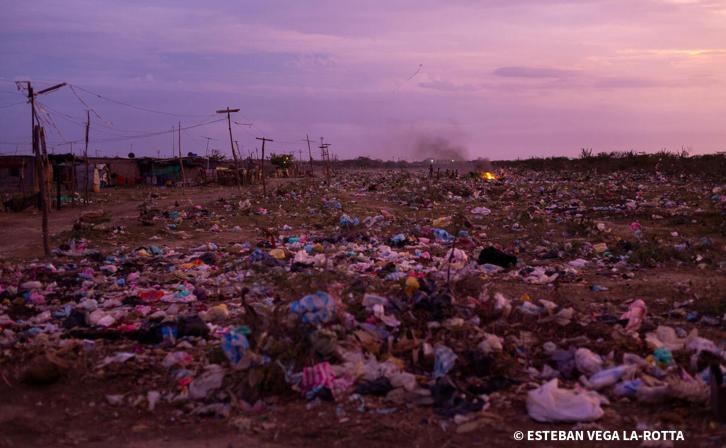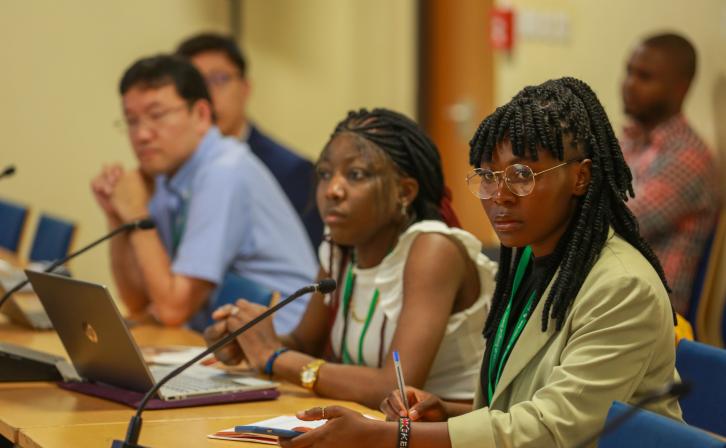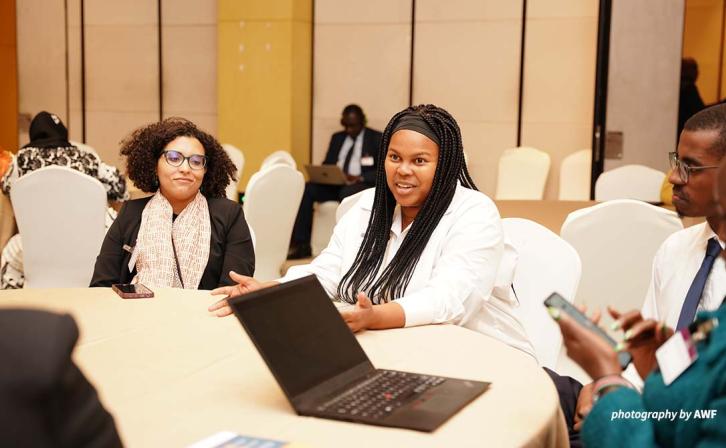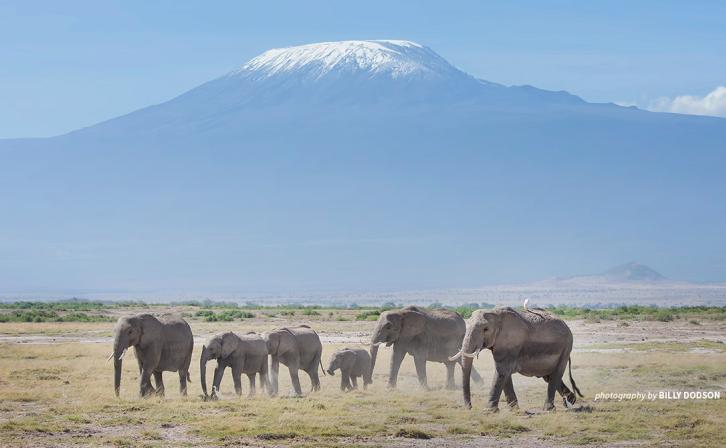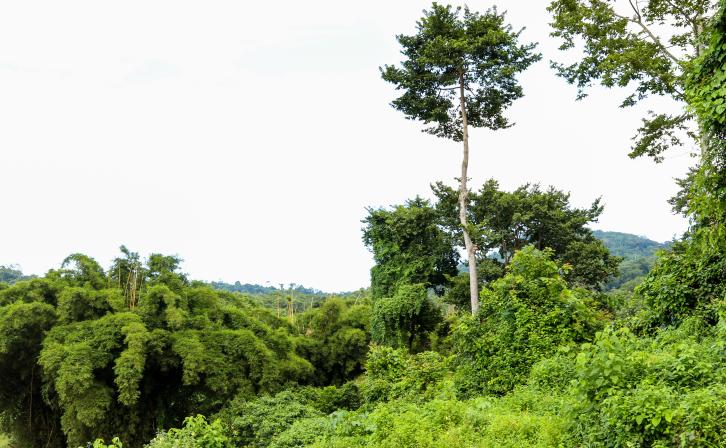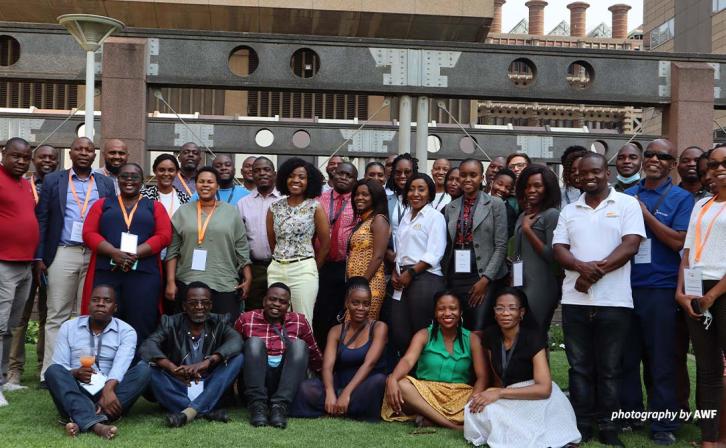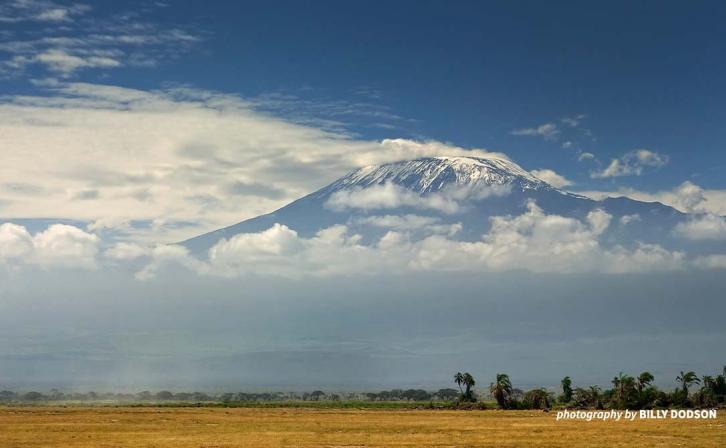How We Work
Investing in Conservation Storytellers
Conservation storytelling and reporting by Africans, in Africa and beyond, is a key part of creating a positive movement for conservation on the continent—and critical for building an understanding and appreciation of what African-led conservation means. Our conservation filmmaking program invests in African conservation filmmakers, giving them training and field experience to create conservation stories by, about, and for Africans.
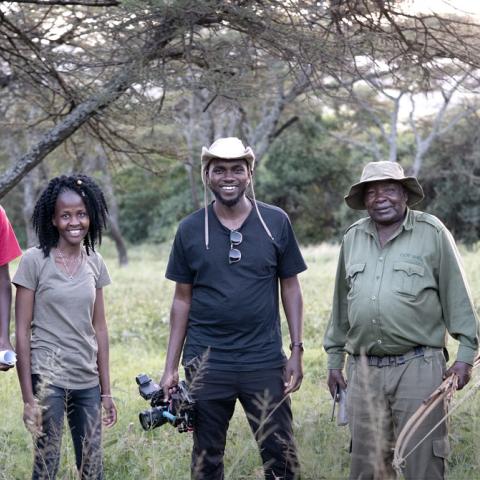
Growing Conservation Journalism
Media have an influential role in shaping public opinion. We support African journalists to better report on conservation issues and the intersection of conservation and development in Africa. This includes training programs for journalists and media partnerships.
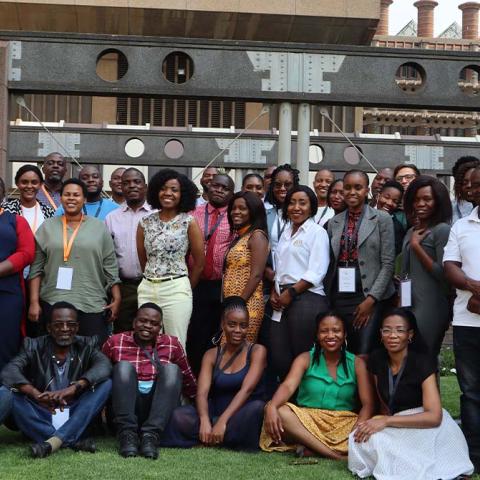
Building a Movement
Africa is a young continent—its median age is 19. As part of a forward-looking, holistic youth strategy, we are training future conservationists and change agents, engaging young people in conservation learning and advocacy, and mobilizing youth to demand meaningful conservation action.
Our goal? Making conservation relevant for the millions of young Africans who are defining our continent’s future.
